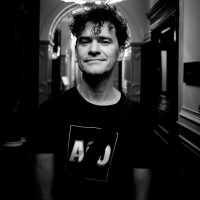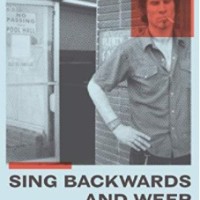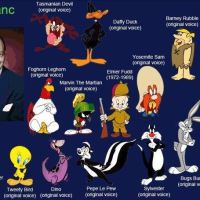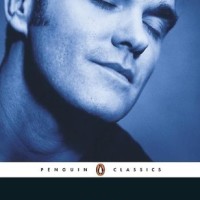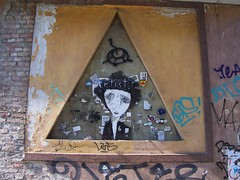EIGHT DAYS A WEEK directed by Ron Howard (USA, 2016)
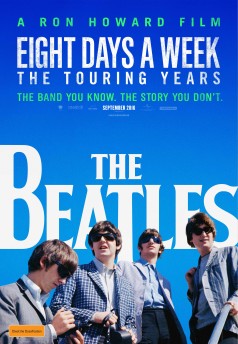 After all that has been written, sung and spoken about The Beatles do we really need another feel good film looking at aspects of their meteoric rise and enduring appeal?
After all that has been written, sung and spoken about The Beatles do we really need another feel good film looking at aspects of their meteoric rise and enduring appeal?
Of course we do!
As an official Apple Corps production you know in advance that this will be another adoring, at times superficial, look at how four young men from Liverpool conquered America and the world. Only the most cynical will complain about this.
I guess the time will come when someone will expose a darker side to this rags to riches story that surely exists. The backstabbing that came soon after the band split, notably in John Lennon’s spiteful ‘How Do You Sleep?’, illustrate that life with the Beatle people was not always so shiny and happy as it appeared.
The clips selected by Howard show how the ‘fab’ four’s diverse personalities gelled so perfectly that the camaraderie always appears supportive and spontaneous. Their down to earth sense of fun cut through the bullshit to win the hearts of fans of all ages and backgrounds.
The movie makes no claims to be detailed or definitive. For instance there is no reference to manager Brian Epstein’s suicide and there are no links to the band’s ‘psychedelic’ music and the intake of LSD. As ever, this is a tale of Rock’n’Roll without the sex and drugs.
Brief interviews with ‘celebrity’ fans like Whoopi Goldberg, Sigourney Weaver, Eddie Izzard and Jon Savage are at best redundant and at worst a destraction but,mercifully, these are all relatively brief.
Ron Howard’s movie primarily presents an American perspective on events with some wonderful clips of press conferences and early TV appearances. Although they arrived in The States in the immediate aftermath of President Kennedy’s assassination and at a time when the Civil Rights Movement was in the ascendence, The Beatles’ image and music seemed to exist in an idyllic vacuum. This is what enabled them to cut through political and social barriers signaling a cultural revolution founded on the noble yet naive principle that all you need is love.
The storm that followed John Lennon’s off the cuff remark that the band were more popular than Jesus showed how easily this bubble could be burst.
Above all, what comes over in the movie is the way their phenomenal success was achieved without the kind of corporate backing and media hype that has become so prevalent nowadays. It all looks so remarkably fresh and innocent.
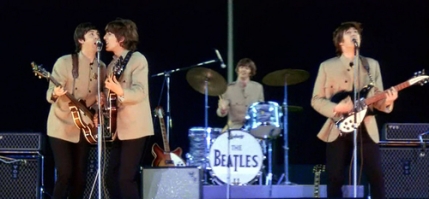
The Beatles on stage at Shea Stadium, 1966.
The movie reaches its climax with the groups famous performance at Shea Stadium in 1966. At the actual event the music was transmitted via the stadium’s tannoy system so even in the absence of screaming it is doubtful that many would have heard a note. Digitally restored footage of this show radically enhances the sound quality.
The concert film is, like Howard’s documentary, an example of how history can be reframed to gloss over any imperfections. In the cynical age we live in, I’ll take this carefully preserved warts-free version of the past any day.


